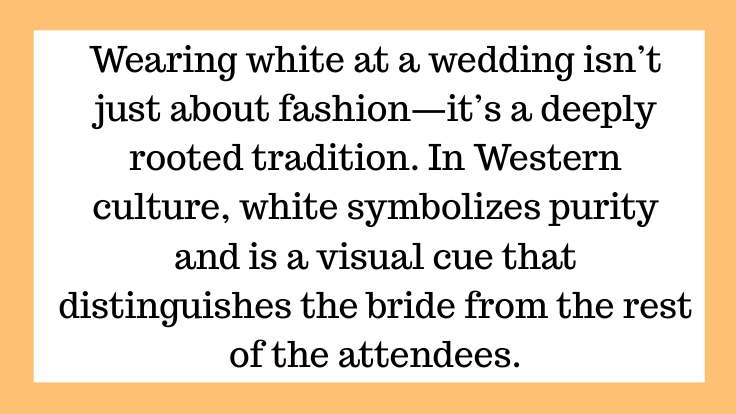Am I the Jerk for Asking My Brother’s Girlfriend Not to Wear White to My Wedding?
Weddings are meant to be a celebration of love and unity, but they can quickly become a battleground of expectations, traditions, and drama. One common wedding etiquette rule that’s stood the test of time? Don’t wear white unless you’re the bride. But what happens when someone ignores that unspoken rule—and you’re forced to confront them before the big day?
This AITAH post brings that exact scenario to life, where a bride-to-be had to decide between keeping the peace or standing up for herself.
The Backstory: A Wedding, a White Dress, and an Awkward Ask
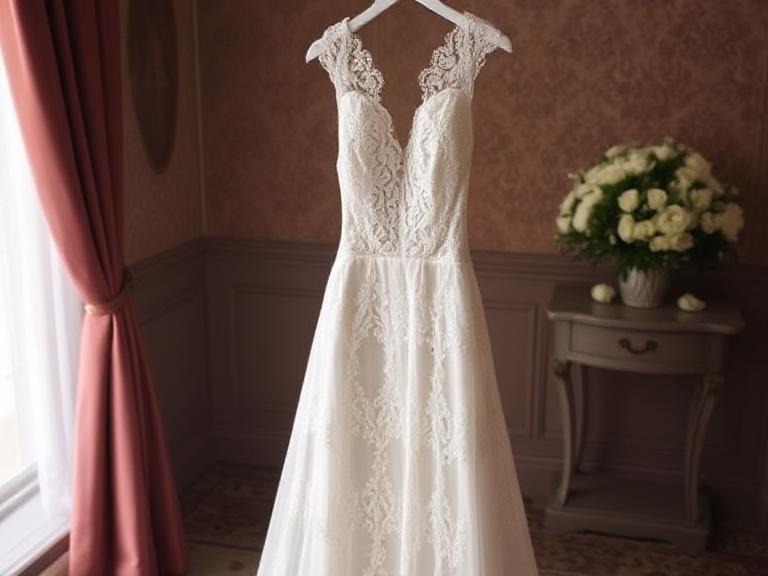
The Original Poster (OP) was getting ready for her dream wedding. Everything was planned down to the last detail. Invitations were sent, seating charts were finalized, and outfits were sorted—until she noticed something on her soon-to-be sister-in-law’s Instagram.
Her brother’s girlfriend had posted a photo of the dress she planned to wear to the wedding. It was long. It was lacy. And it was completely white.
OP initially assumed it must be a mistake—maybe it looked white in the photo but wasn’t in person. She messaged her future sister-in-law and politely asked about the color, clarifying that she would prefer guests not wear white.
To OP’s surprise, the girlfriend responded defensively:
“It’s just a dress. It’s not like I’m trying to outshine you.”
When OP insisted, the girlfriend accused her of being controlling and insecure. The conversation escalated, and eventually, OP told her that if she insisted on wearing white, she would be uninvited.
Now, the family is in chaos. OP’s brother is furious. The girlfriend is playing the victim. And OP is left wondering—Am I the jerk for asking someone not to wear white to my wedding?
Wedding Etiquette: Why “No White” Still Matters

The Symbolism of the White Dress
Wearing white at a wedding isn’t just about fashion—it’s a deeply rooted tradition. In Western culture, white symbolizes purity and is a visual cue that distinguishes the bride from the rest of the attendees.
Even in an age of relaxed wedding customs and alternative gowns, most guests understand that wearing white is generally off-limits unless explicitly told otherwise.
By choosing a white dress, OP’s brother’s girlfriend was ignoring a basic social norm—and that’s where the conflict began.
Intent vs. Impact
It’s possible that the girlfriend didn’t intend to be disrespectful. But intent doesn’t erase impact. Even if her motivations weren’t malicious, the effect was still inappropriate. When told how her actions made the bride feel, her refusal to change course spoke volumes.
It’s not just about the dress—it’s about empathy and awareness.
The Family Fallout: Why the Issue Escalated
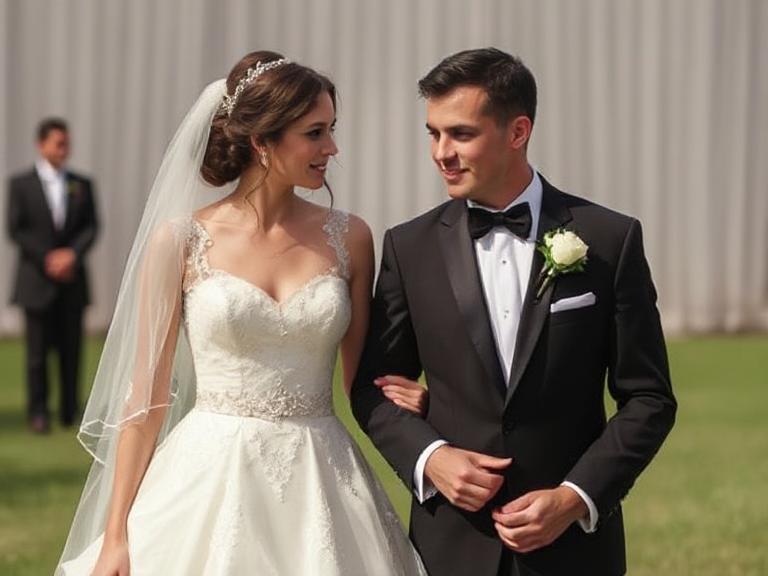
Brotherly Bias
OP’s brother sided with his girlfriend, arguing that OP was blowing the situation out of proportion. He claimed that it was “just a color” and accused OP of making the wedding about drama rather than love.
But here’s the problem: OP wasn’t the one who introduced the drama. She was simply enforcing a boundary that any reasonable person would expect.
The real issue isn’t the dress—it’s the lack of respect and support from people closest to her.
Gaslighting and Guilt
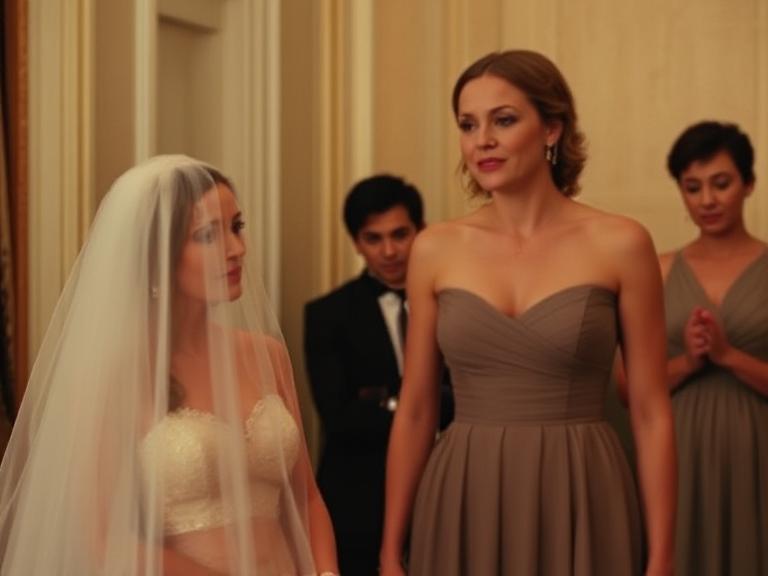
The girlfriend’s reaction—labeling OP as insecure and controlling—is a classic case of gaslighting. When someone expresses hurt and is told they’re “too sensitive” or “overreacting,” it shifts the blame and undermines their valid feelings.
The bride didn’t ask for anything outrageous. She wasn’t micromanaging hairstyles or lipstick shades. She asked for a very basic courtesy: Don’t wear white.
Respecting Boundaries: Why OP Was Right to Speak Up
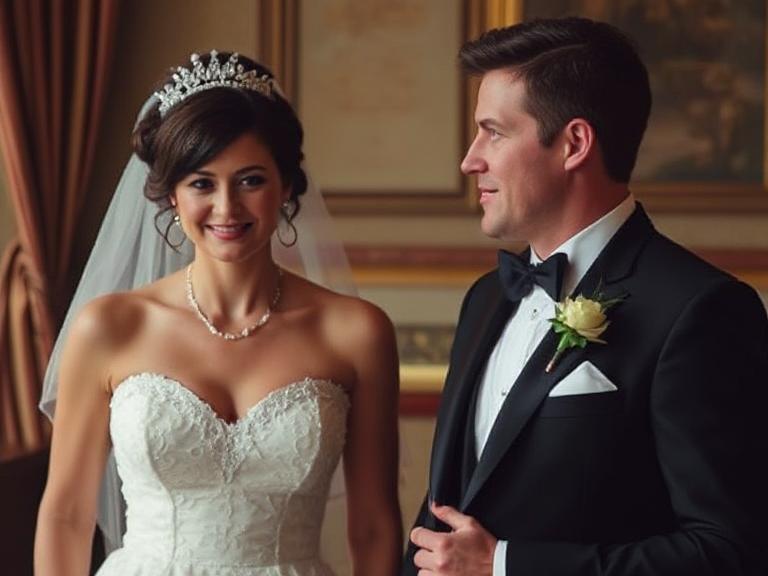
Weddings often reveal people’s true colors. For many brides, setting boundaries leads to accusations of being a “bridezilla”—but being assertive doesn’t make you difficult. It makes you self-respecting.
Here’s what OP did right:
-
She asked politely.
-
She communicated early.
-
She held her ground when disrespected.
Setting clear expectations and enforcing them is not rude—it’s necessary, especially when someone refuses to acknowledge traditional etiquette.
What Reddit Decided: Not the Jerk
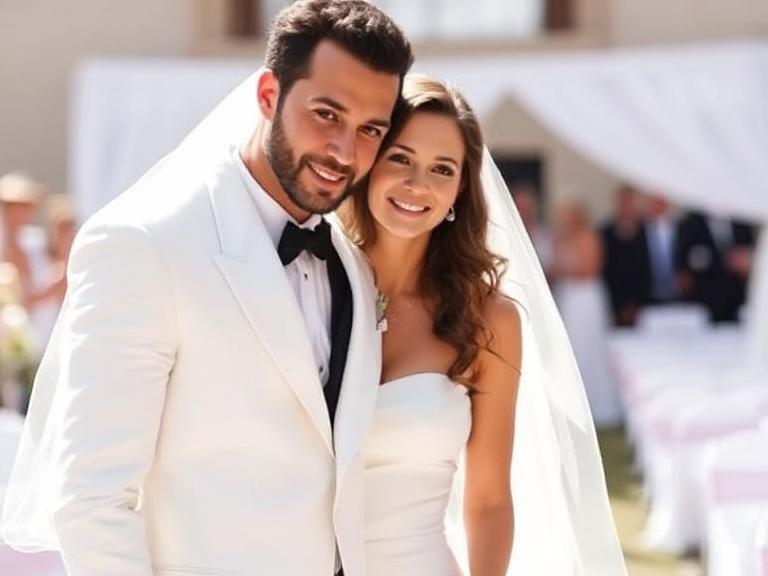
The r/AITAH community overwhelmingly supported OP. Here’s what many commenters had to say:
“It’s Wedding Etiquette 101. You don’t wear white unless you’re the bride.”
“She posted the dress online before even talking to you—sounds like she wanted attention.”
“If she’s this defiant over a dress, imagine how she’ll act in more serious family matters.”
One commenter made a particularly sharp observation:
“She’s not wearing that dress by accident. She knows what she’s doing.”
The consensus? OP was well within her rights—and it’s the girlfriend who crossed the line.
Lessons for Future Brides and Guests Alike
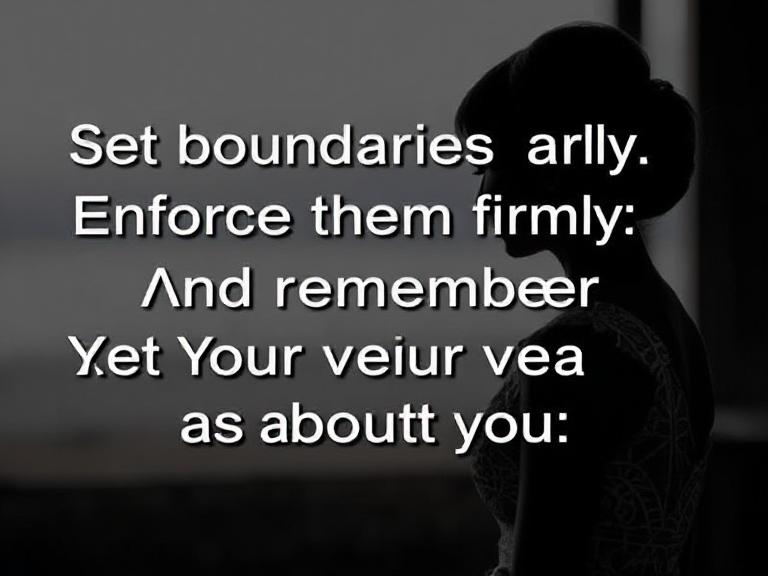
1. Set Boundaries Early
Whether it’s dress codes, photography rules, or seating preferences, the earlier you set expectations, the easier it is to enforce them without drama.
2. Don’t Be Afraid to Enforce Respect
When someone ignores your boundaries, it’s okay to take action—even if that means uninviting them. Respect is not negotiable.
3. Guests Should Honor the Spirit of the Occasion
Weddings aren’t fashion shows. Guests are there to celebrate the couple—not to make statements or steal attention.
A little mindfulness goes a long way.
Final Thoughts: You’re Not the Jerk for Wanting Your Wedding to Be About You

At the end of the day, your wedding is a once-in-a-lifetime event. You deserve to enjoy it without unnecessary distractions or disrespect.
